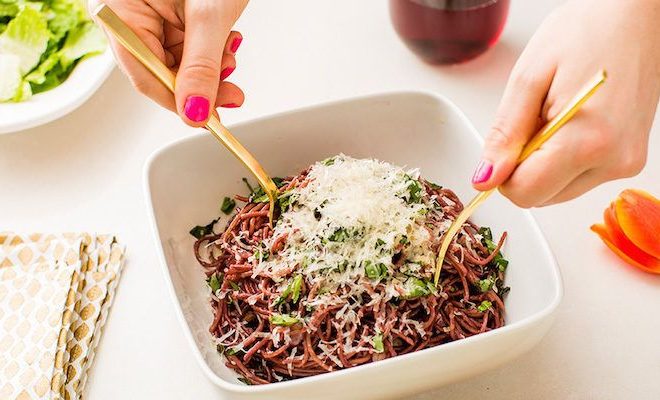
Fast Food Catering
Ways Pasta Is Ruined During The Cooking Process
Sadly, many people believe that cooking pasta is as easy as dumping the uncooked noodles into boiling water and letting them cook for 10 minutes or so. But this isn’t the case. Here are the ways that you may be ruining pasta.
Little to No Salt on Water
You should always add salt to the water where the pasta will be cooked. Indeed, salt adds an extra flavor to pasta that no other condiment can provide.
- Check that the water has a small yet distinctive salty taste. The water shouldn’t be as salty as the Dead Sea, however, since it will also make the pasta dish taste off-balance.
- Place the salt at the right time – when the water is quivering, so to speak. Don’t add it when the water’s cold or boiling because the effect will be lost.
Also, the amount of salt placed into the water depends on the amount of water, not the amount of salt.
Placing Olive Oil on the Water
You may have placed a generous amount of olive oil on the water. The apparent rationale: The olive oil will prevent the cooked pasta from sticking together.
But this isn’t necessarily true, even when you’re grandma did it. When you place olive oil on the pasta water, the pasta will have a coat of oil even when you drain all of the water. This coat of oil will prevent the pasta sauce from sticking well to the pasta itself.
The better way to prevent pasta from sticking together: Occasionally stir the pasta while it’s cooking.
Cooking According to Instructions
You can be excused for following the package instructions when you’re a beginner in the pasta game. But this is a mistake, too.
You should cook the pasta three minutes less than it says on the package. If the package says cook the pasta for 10 minutes, just cook it for 7 minutes after boiling. Otherwise, you will end up with soggy pasta, which cannot be rescued by even the most delicious sauce.
Incorrect Pasta and Sauce Pairing
And speaking of sauce, you should ensure that pasta is paired with the right sauce. Otherwise, your pasta dish will be less than satisfactory on the plate and palate.
The rules of thumb:
- Wide noodles, such as pappardelle, are best paired with heartier sauce
- Pasta with more folds and grooves are great for thin sauces
Of course, presentation is also important. You should sprinkle your preferred cheese on the pasta.
And if you’re craving for pasta prepared the perfect way by professional chefs, you can always head to the Grand Lux Café or Fuddruckers.


0 comments